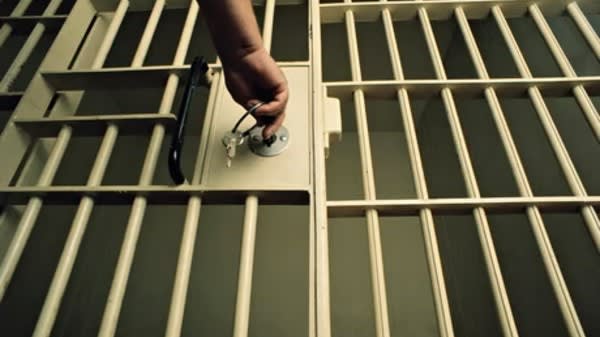Introduction
As of late, the media has been dominated with headlines about the accidental release of prisoners, a monumental mistake that seems overwhelmingly difficult to grasp. This article delves into why these happy 'accidents' are becoming a somewhat frequent occurrence, identifies potential causes, and explains the government's plans to address them.
The Scale of Mistakenly Released Prisoners
Between April and October 2025, a total of 91 prisoners were freed by mistake. This forms part of a trend which has seen the number of accidental releases increase in recent years. Last year, a total of 262 prisoners in England and Wales were freed by mistake, marking a 128% increase from the year prior.
Some of the most recent accidental releases include Brahim Kaddour-Cherif, a sex offender who was wrongly released on 29 October 2025 from Wandsworth prison in South London. The same prison also accidentally released William Smith just 5 days later, who was serving time for multiple fraud offences.
These errors came just days after the infamous Hadush Kebatu was accidentally freed from Chelmsford prison despite convictions for sexually assaulting a 14-year-old girl.
Where does the blame lie?
The UK Justice Secretary, David Lammy has stated that the figures were 'symptomatic of a prison system under a horrendous strain', which pointed fingers at the Conservatives from whom they inherited this crisis.
In retort, the Shadow Justice Secretary, Robert Jenrick said it was 'the confusion created by Labour’s botched early release scheme' that was partly to blame.
Other factors attribute these errors to the long-standing issues at the core of the prison system.
An Inherited Crisis or Not?
The Labour Government maintains that they inherited a major prison crisis from the Conservatives, alleging they failed to ensure there was sufficient jail space to deal with a growing number of criminals and subsequently, prison population. The former Justice Secretary, Shabana Mahmood says they were therefore 'forced to take emergency early release measures' when they came into office.
In 2016, the Conservatives launched the Prison Estate Transformation Programme which promised 10,000 new spaces by 2020. However, the lack of funding meant this target was not met, leaving prisons at 98% capacity by 2019.
With prisons being this overwhelmed, it goes to show that the errors somewhat lie in the Conservative Government's failure of an attempt to control overcrowding in prisons.
The Incumbrances of the Early Release scheme
On the other hand, it has been suggested that these incidents of prisoners being released incorrectly is linked to Labour’s early release scheme.
Since September 2024, almost 40,000 prisoners in England and Wales have been released early. A sign that undoubtedly indicates there were “more comings and goings across the penal estate”.
Given that figrues, the Shadow Cabinet highlighted the 'clear link between the doubling of prisoners accidentally released in the last year and the introduction of Labour’s standard determinate scheme'.
A System Under Strain?
On a larger scale, the dramatic rise in prisoners released in error has been noted as just 'one aspect of a collapsing criminal justice system'.
The blame for mistaken releases can be traced down to the hands of inexperienced staff. In March 2025, it was revealed that more than half of prison officers had been in the job less than 5 years and a quarter had less than 2 years of experience.
HM Chief Inspector of Prisons, Charlie Taylor has suggested that the number of 'very inexperienced people working in prisons with large caseloads and limited training' has contributed to the errors.
In support of the notion, the Prison Minister, Lord Timpson claimed that the 'lack of investment in digital technology' in prisons has also contributed to the errors as prison staff are forced to use boxes of paperwork to determine release dates.
The lack of experience and the limited use of advanced technology have inevitably heightened the possibility for human error when dealing with a prisoner’s release.
What action is the Government taking to fix this?
In October 2025, the Government announced new proposals to strengthen release checks including 'more senior accountability for ensuring protocols and checks are correctly applied'.
They also revealed plans to solicit a team of data scientists to review historic accidental releases to understand the underlying systemic problems with the prison system.
Moreover, they also plan to introduce a new courts hotline so prison staff can quickly check for outstanding warrants, before inmates are released.
Future Outlook
As with many other government incentives, on paper these measures sound promising, but only time will tell if these theoretical schemes will be implemented and, equally, be effective in stopping the rise of accidental releases.
